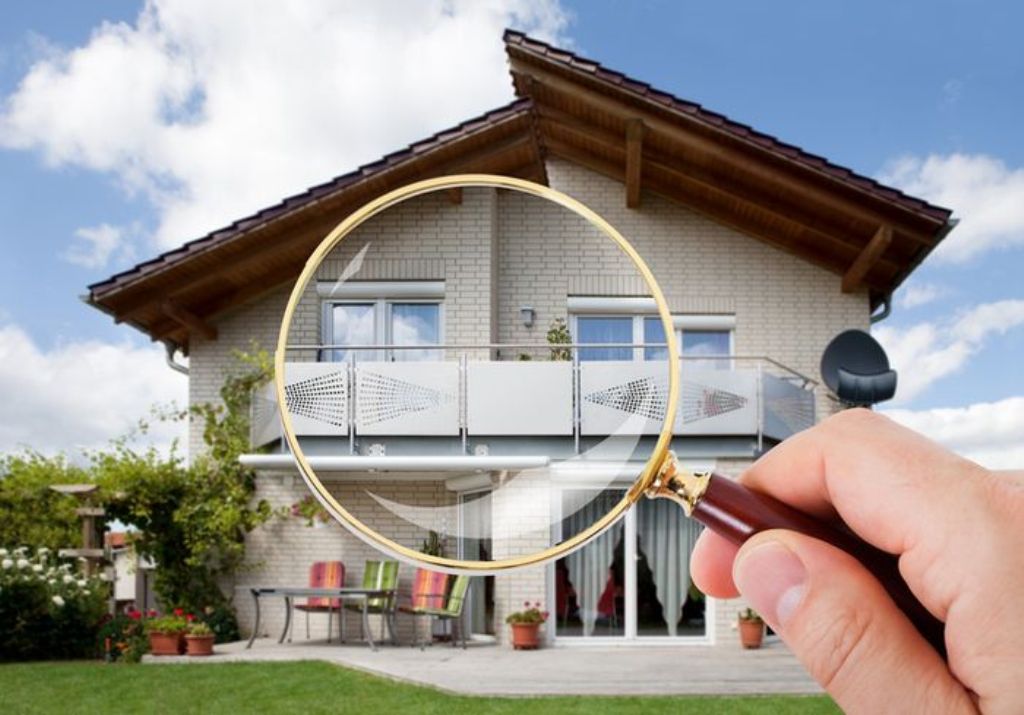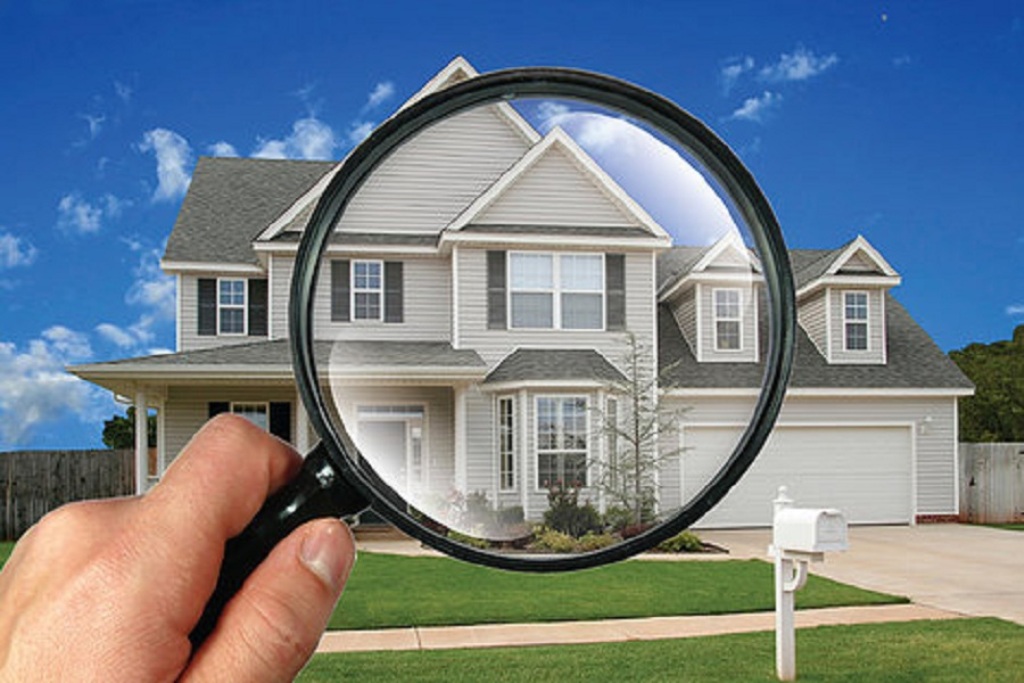The seller has agreed upon the offer, and you are ready to move into your new home. Not so fast! Before you make the payment, you need to be certain of the fact that your new home is in good condition. It may look fine on the surface, but that doesn’t mean it is.
That is why opting for a home inspection is a crucial step in the homebuying process. Professional home inspections are usually conducted by a home inspector who is trained well to perform such evaluations.
The goal of a home inspection is to evaluate the property from the safety and structural standpoint, as well as to ensure you are buying a property that’s a good investment of your money.
Here is a rundown of everything you need to know about a pre-purchase home inspection.
How to Prepare for a Home Inspection?
Doing some homework before the inspection day can help you prepare questions about the home’s condition and what problems need to be addressed. It is essential to understand what your home inspector is looking for?
Home Inspection Checklist
Include A Due Diligence Contingency In Your Contract
The first and most important step is to make sure that there is a home inspection contingency in your contract. This contingency gives you a time-frame in which you can get a home inspection done.
Understand How The Contingency Works
Mostly, homebuyers have one week from the date of signing the sales contract to get the inspection done. It can also depend upon your negotiation skills. The time-frame is enough to:
- Hire a good inspector.
- Receive the inspection report.
- Get additional inspections done.
- Think about your steps ahead.
Hire A Qualified Home Inspector
Hiring a trained home inspector is extremely important. They should be highly experienced in the area you are buying, and be up to date on educational coursework. This will ensure that they have knowledge about current problems with the soil and even real estate agents in your area.
Make sure they follow Home Inspection Checklist
While a home inspection checklist can vary, home inspectors focus more on a home’s structure and physical systems – both inside and out.
Here’s a home inspection checklist of items that your inspector must look at:
- EXTERIOR
- Exterior Doors
- Drainage, Grading
- Garages
- Driveways, Patios, and Walkways
- Balconies, Decks, Steps, Railings, and Porches
- Roof
- Basement
- Eaves
- Interior
- Doors and Windows
- Installed Kitchen Appliances
- Duct Work
- Cabinets and Countertops
- Foundation
- Garage Operators
- Fuel-burning Fireplace
- Floors, Walls, and Ceilings
- Plumbing
- Fixtures and faucets
- Sump Pumps
- Water Heater
- Sewage Ejectors
- Drain, Waste Systems and Vent
- Electrical
- Circuit Interrupters
- Service Cables, Raceways, and Entrance Conductors
- Overcurrent Protection Devices
- Heating, Ventilation and Air Conditioning
- Power switches, Light Fixtures, and Receptacles
- Service Equipment, Grounding, and Drops
Read Your Home Inspection Report
Once the home inspection is complete, the inspector will put together a report of their findings. The report must contain a section for every area of the house, as well as a section about everything that needs repairs or isn’t functional.
Get Additional Inspections Done
You must use the report to analyze what other inspections might be required. If the inspector sees mold on the report, you will have to get your property evaluated by a mold inspector. If he sees potential termite damage, you will have to call a termite inspector.
What’s Important and What’s Not
Once your report is ready, you will want to decide what to do with the findings.
You will want to consider:
- Which problems are big?
- Which ones can be dangerous for your loved ones?
- Which repairs can be handled by you?
Time To Make Your Decision
After reviewing the report and determining what’s important and what’s not, you’ll need to make your decision. Do you want to continue with the deal, renegotiate it, or cancel your purchase contract?
Your contingency period allows you to move forward with these options:
- Go through with the deal, as planned.
- Renegotiate the asking price.
- Ask the seller to make repairs.
- Back out of the deal.
Confirm All Repairs Have Been Made
If you have convinced the seller to make repairs to the home, you will have to make sure these are completed in a specified time period. Have your inspector come back for re-inspection once the repairs are done, so he can check in on the work and give you heads up for closing the deal.
Close The Deal
Finally, after your inspector has confirmed that the repairs are completed to your liking, you can clinch the deal on your home, get those keys and be ready to move in.





















